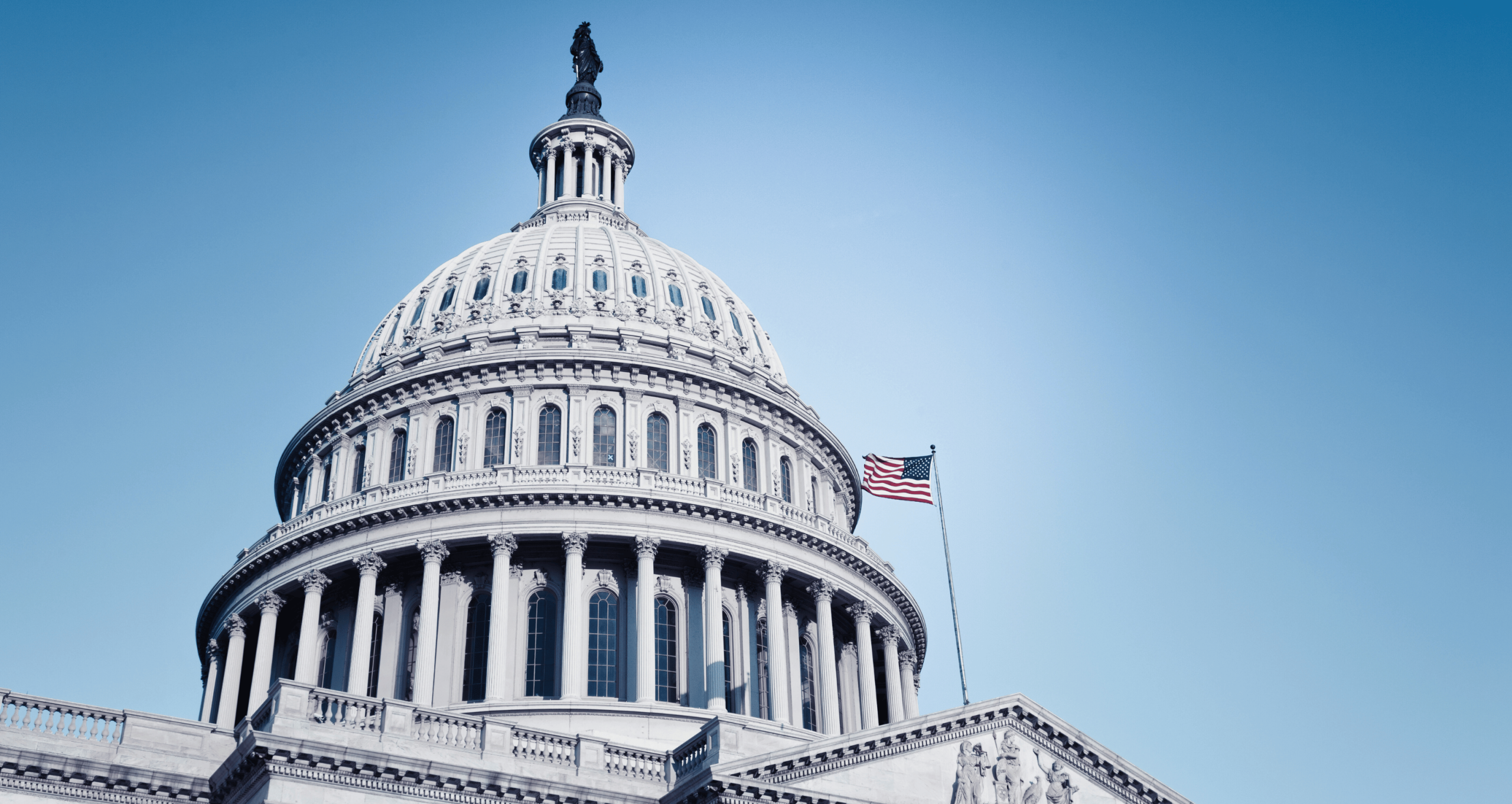The U.S. House of Representatives Passes Budget Reconciliation Bill with implications for Medicaid, Non Profit Charitable tax-exempt organizations and Medicare. Action now moves to the Senate.
The House of Representatives voted on May 22 to pass their version of a budget reconciliation package with a vote of 215-214 that includes $715 billion in cuts to Medicaid, while adding over $2-3 trillion to the deficit (based on various estimates). The measure includes work requirements targeted at the adult expansion population beginning in December 2026. It also includes caps to provider taxes – which is the way a significant majority of states pay for their share of Medicaid – making it hard for states to fill the gaps in funding The non-partisan Congressional Budget Office projects that roughly 10 million Americans will lose coverage as a result of the cuts.
Action now moves to the Senate where Majority Leader John Thune (R-SD) has signaled they will look for $600 billion in cuts to Medicaid to pay for the expiring Tax Cuts and Jobs Act. The Senate is expected to pass a budget reconciliation package before the July 4 recess, which means that it will be important to meet with your Senators to ask them to protect Medicaid from cuts.
Our new campaign, Here We Stand. For People. For Care. For Medicaid. Includes resources to support outreach to members of Congress and the media in your local and state markets.
House Budget: Charitable Non-Profit Tax and Medicare Implications
The recently passed House version of the Budget Reconciliation Bill includes implications for nonprofit charitable organizations and Medicare.
Nonprofit Charitable Tax Status: What is NOT included/out
- The House passed bill does NOT include the provision that would revoke nonprofit status from “terrorist supporting organizations”:
- House Republicans removed a provision from the bill that would have granted authority to the Treasury Secretary to revoke nonprofit status from “terrorist supporting organizations,” without requiring the Secretary to share full evidence or ensure due process.
What IS included/in:
- Charitable Act at $150/300 (single/joint filer) – urge Senators to support;
- The House bill creates a non-itemizer tax deduction up to $150 for individuals and $300 for married couples, regardless of whether the tax filers claim an itemized deduction (Section 110112).
- Limits on charitable donations – urge Senators to oppose;
-
- These proposals (Section 110011 and Section 112027) discourage charitable donations made by corporations and individuals, ultimately leaving nonprofit organizations with fewer resources to serve their community.
- Adds new limits on itemized deductions, including the charitable deduction. If enacted, this provision would significantly reduce the value of itemized deductions for high-income taxpayers, disincentivizing charitable giving.
- Section 112027 creates a 1% floor for charitable contributions made by corporations. In doing so, this provision would discourage corporate giving, if such donations amount to less than 1% of their taxable income.
- New or expanded taxes on non-profits and foundations – urge Senators to oppose;
- These proposals (Section 112022 and Section 112024) divert scarce resources away from essential services, undermine the ability of charitable nonprofit organizations to meet needs in their communities, and put greater strain on government.
- Increases and expands Unrelated Business Income Tax (UBIT) to include any qualified transportation fringe benefit, such as transit benefits or parking benefits, for charitable organizations. Note: The provision also carves out an exception for church-affiliated organizations.
- In essence, this provision applies an income tax on an expense. This provision was previously passed in 2017 and subsequently repealed due to the confusing nature of applying an income tax on an expense and difficulty of quantifying the expense of certain benefits such as the cost of a parking spot already owned by a charitable organization.
Medicare:
- Triggers Medicare cuts under the Statutory Pay As You Go Act of 2010 that could include reductions in provider reimbursements. Because the bill would increase the budget deficit by $2.3 trillion, the CBO projects the White House Office of Management and Budget (OMB) would have to curtail Medicare spending by $45 billion in 2026 and $490 billion from 2027 to 2034.
- Suspends a rule to facilitate enrollment in Medicare Savings Programs that cater to low-income people eligible for Medicare and Medicaid by pushing back the effective date to 2035. Savings are estimated to be $84 billion.
- Ends Medicare eligibility for some lawfully present foreign nationals who currently qualify by limiting the program to permanent residents who are green card holders, from Micronesia, the Marshall Islands or Palau, or, in certain cases, from Cuba. This would save $132 million.
LSA will continue to provide updates and actions as the debate moves forward in the US Senate on Medicaid and broader issues. Stay current on our public policy efforts by subscribing to our advocacy alerts.
Please contact LSA staff with any questions or for more information:
- Sue Polis, VP, Public Relations and Government Affairs: Spolis@lutheranservices.org
- Sarah Dobson, Senior Director, Public Policy: Sdobson@lutheranservices.org
- Bill Kallestad, Director, Public Policy for the Disability Network: BKallestad@lutheranservices.org

